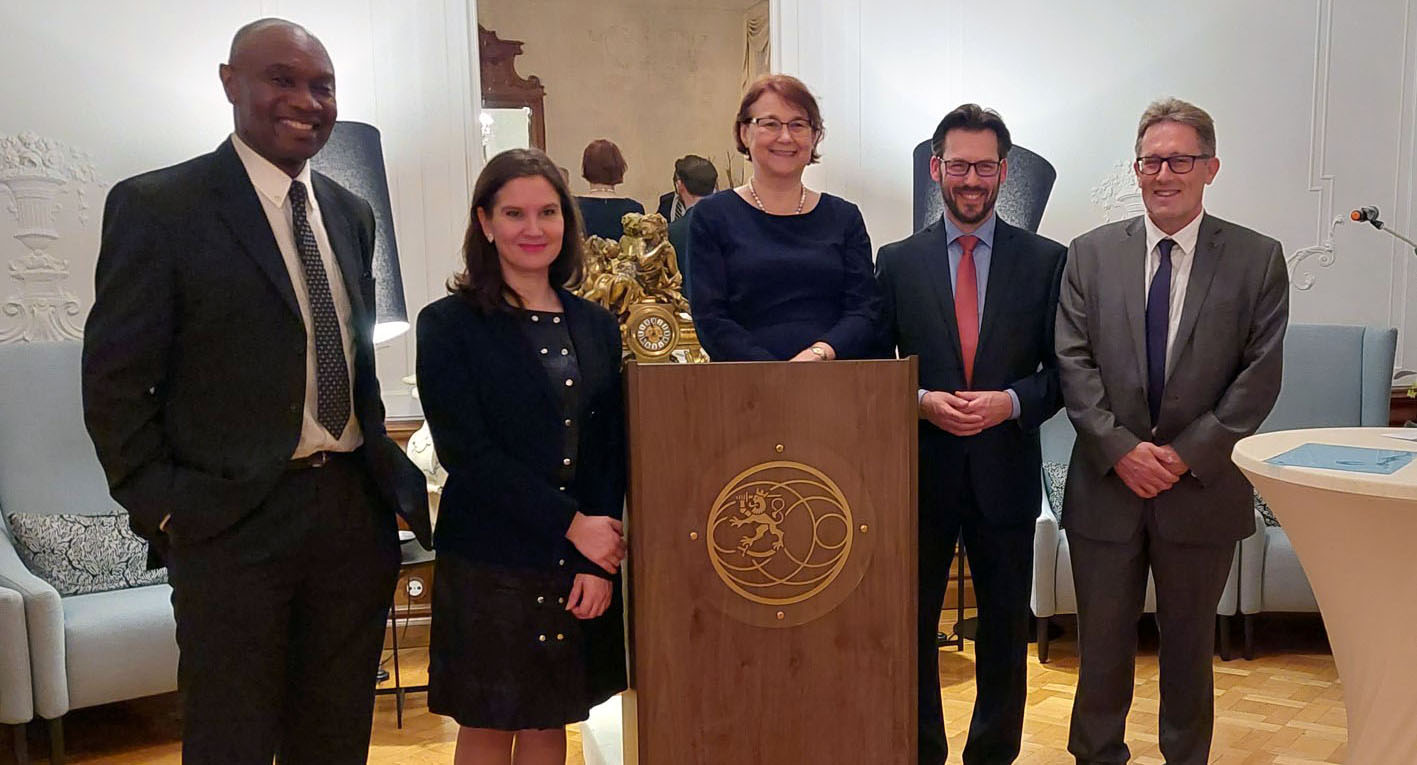Cooperation with the African Commission on Nuclear Energy launched
In 2022, STUK and the African Commission on Nuclear Energy (AFCONE) started preparing an ambitious programme aimed at strengthening nuclear safeguards in Africa. The five-year programme relies on expert assistance provided by STUK, which is channelled to the authorities of African countries under the coordination of AFCONE. The European Union's Instrument for Nuclear Safety Cooperation (INSC) programme and the Finnish Ministry for Foreign Affairs will fund the project with a total of EUR 4.9 million in 2023–2027.

Safeguarding nuclear materials, i.e. surveillance aimed at preventing the proliferation of nuclear weapons, assures that nuclear materials and other nuclear products remain in peaceful use, in accordance with permits and declarations, and that nuclear facilities and nuclear technology are used only for peaceful purposes. Countries wishing to exploit radioactive substances, for example, in health care, industry or energy production, must undertake to maintain an effective safeguards system in co-operation with the International Atomic Energy Agency (IAEA). In practice, this work is assigned to the national authority responsible for keeping nuclear material records and carrying out nuclear material inspections.
The safeguards are based on the Comprehensive Safeguards Agreement (CSA), which is monitored by the IAEA. At present, 47 African countries have signed a CSA agreement with the IAEA. The Pelindaba Treaty, which made Africa a nuclear-weapon-free zone, also requires that a CSA is signed and supervision is organized.
“The training programme we are preparing with STUK is a significant opportunity to increase African ownership in international nuclear safeguards. African countries are at different stages in the peaceful use of nuclear energy and many countries need to increase their supervision skills related to the keeping of nuclear material records and reporting, as required by the International Atomic Energy Agency (IAEA),” says AFCONE’s Executive Secretary Enobot Agboraw at a programme’s kick-off event in Vienna last November.
The aim of the joint project is to train the national authorities of African countries in nuclear safeguards. As AFCONE is a relatively young organization, STUK will also train AFCONE's experts, whose future task will be to support the national authorities.
Read more:
News article: STUK and the African Commission on Nuclear Energy to launch co-operation
Highlights of International Cooperation for Safety 2022 in Julkari
